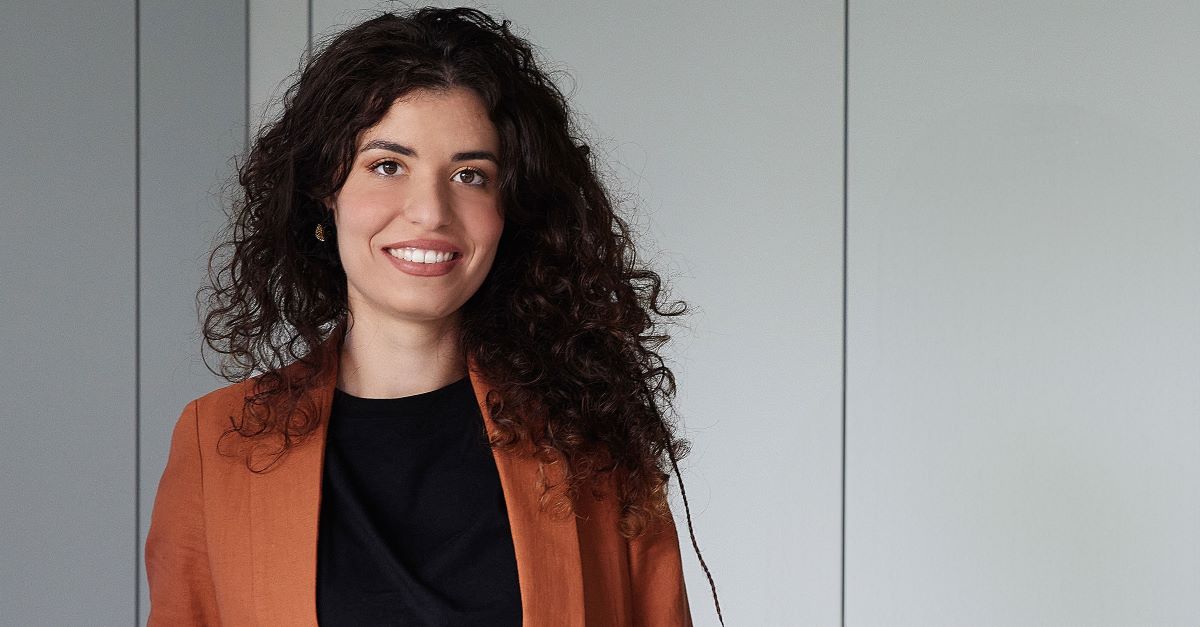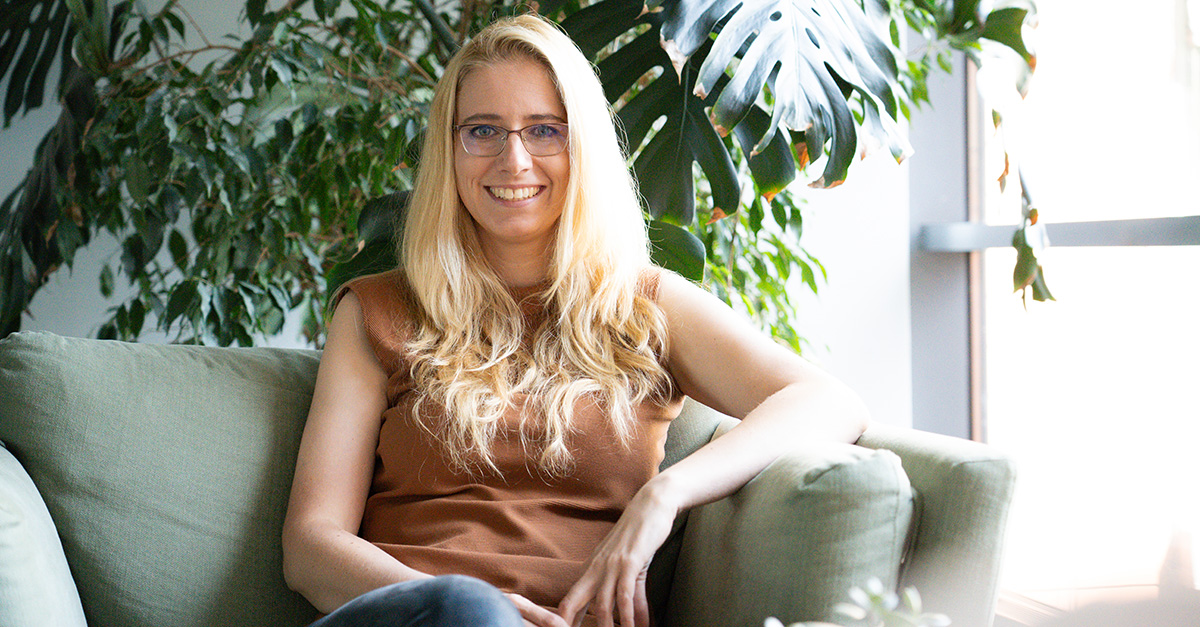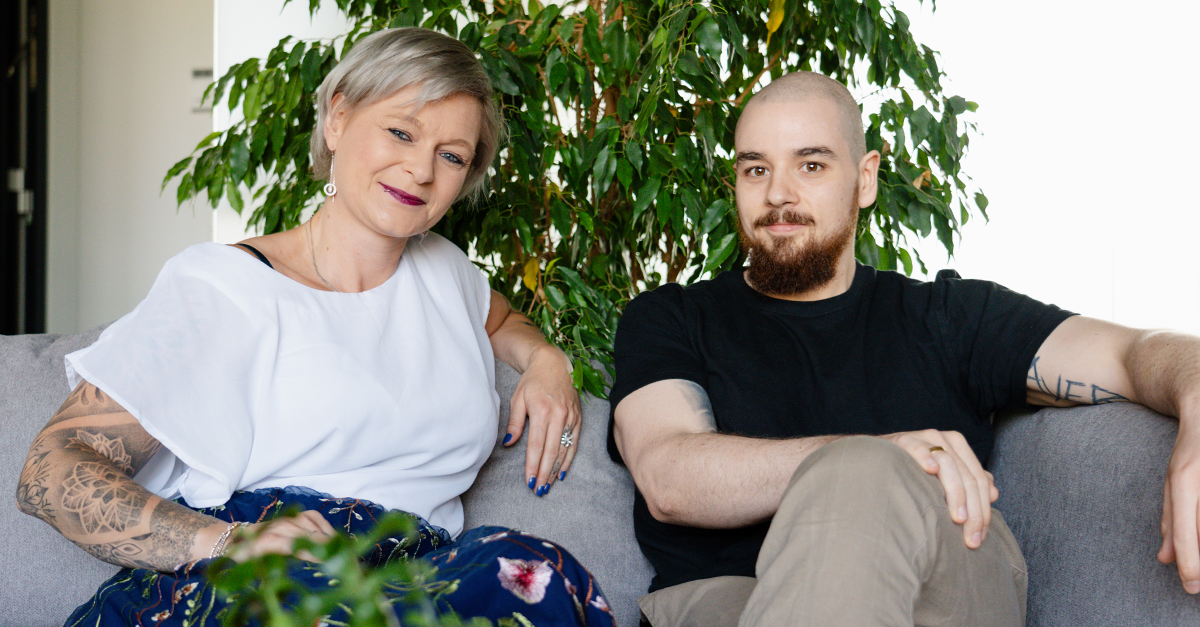Taking ownership at work: examples from Pia and Xiurong

“Taking Ownership” is a philosophy of corporate culture and a professional attitude in which employees actively and autonomously take responsibility for their work, projects and tasks, which we at SupplyOn welcome and encourage. It includes commitment, initiative, a sense of responsibility and self-motivation. On this subject, we interviewed Maria-Pia Drago and Xiurong Cai, Product Owner and Integration Specialist in the Visibility & Analytics Department.
Learn more about Maria-Pia and Xiurong’s approach to solving problems, driving innovation and promoting their professional development in the interview. Enjoy reading!
How do you motivate yourself to proactively tackle issues, manage challenges and implement innovative ideas in your area of responsibility?
Pia: I am fundamentally motivated by being interested in my job. It’s very multifaceted. Each day I am confronted with different topics. This motivates me to constantly learn something new and to deal with different tasks and then successfully tackle them.
I also enjoy working with my colleagues very much. The good atmosphere in the team, the team spirit. That keeps me motivated every day.
SupplyOn as a company also motivates me. I feel supported as an employee and have the opportunity to work on different projects. An example for this was an internal leadership workshop. Taking part made me feel like I was really a part of the company and not just a number.
Xiurong: My greatest motivation is my curiosity to learn more about myself and the world. The challenges fascinate me. For me, it’s exciting to see that you can take different approaches to solving a problem. I am very interested in pursuing them, analyzing and evaluating them and testing different methods to find a solution.
I strive to grow together as a team. People think differently depending on their experience and background. Working together as a team, I therefore enjoy sharing my experience and perspective on problems and learning more about my colleagues’ approaches. In this way, I experience that we can learn from each other as a team and grow together.
How do you take a proactive approach to identifying and dealing with challenges in your area of work?
Pia: Challenges often become apparent in discussions with colleagues or during status analyses. This is when I look at the current status of the issue and consider how I can take a step-by-step approach. I like drawing up a short plan or process for this. I ask myself the following questions: What is my problem? What are the individual points that I should tackle now? How do I prioritize them? And how do I find my solution? To avoid potential blinkers, I get feedback from colleagues.
Xiurong: Personally, I am a very data-oriented person. I observe the challenges and categorize them. I use internally documented findings, comments from colleagues, external community insights, e.g. from forum posts – and thanks to the AI boom – machine-supported impulses. This kind of data-based approach suits me very well. This gives me the feeling that I can evaluate the situation objectively. If I need decisions from my manager or buy-in from other departments to solve the tasks, I proactively approach them and ask for feedback.

What steps do you take to actively work on your professional development and how do you proactively contribute to promoting innovation?
Pia: I always try to keep myself informed. For my own professional self-development, I’m a huge fan of workshops or online courses that you have access to quickly. I use the LinkedIn Learning access provided to me by SupplyOn to attend training courses. I get a sneak peek into different subject areas and get to grips with them to expand my range of knowledge.
In my opinion, innovation can only occur when there is an interest in trying out new things. Driven by the curiosity I’ve already described, I try to implement things in product development that we didn’t have before at SupplyOn, which may also require a new concept. It is also important to me to initiate and drive forward new, value-adding topics within the company.
Xiurong:My philosophy is: “Learning is a lifelong journey in different phases.” I differentiate between active and passive learning channels. Passive for me means training up on the job. I receive goals and requirements from colleagues and then implement them.
For me, learning on the job also means actively learning about topics that are interesting to me beyond my work tasks. For example, I have developed an interest in being able to understand my colleagues’ code beyond debugging and have taught myself other programming languages through online courses.
However, learning in a work context is just a small part of the learning journey. In my opinion, most of it takes place outside of work. For example, I’m currently spending a lot of time learning about AI, because the current AI boom isn’t just changing the way we work, it’s really changing our world. Other topics I’m currently learning more about include neural networks, PyTorch and deep learning.
Personally, learning is an important prerequisite for innovation. In order being able to continuously learn in the subject areas that interest me, I have built my own, customizable AI tutor that provides me with the learning content that interests me and helps me to progress.
I set up sources and used them to create my own news channel. My AI tutor extracts information from websites, provides me with tech news from sites I follow – e.g. from LinkedIn and content from Telegram or WhatsApp. I have created bots that request this information for me. I use ChatGPT to customize my learning topics. Instead of sitting in front of my PC for several hours studying, I consume my personalized learning information in bites on my smartphone or tablet every day, for example on my way to work.
What steps do you take as a team member to proactively promote a culture of ownership in your team or at SupplyOn?
Pia: In the meantime, there are four product owners in the team with different expertise and experience. I suggested that we set up a small PO group to exchange ideas. We realized in the group that this regular exchange helps us to structure our day-to-day work. We recognize similar problems that we have with customers, for example, give each other tips and define new processes that could help us. This mutual support helps us move forward.
Xiurong:Whenever I see that colleagues are facing challenges that I can help to solve based on my experience or my mindset, I approach them. Officially, it may not be my job, but I think it’s a win-win for all parties to share the way we think. It helps us to develop together.
What tips or advice would you give to people who are interested in living the concept of “Taking Ownership” in their own work and career, but may not dare to do so because they may be afraid of change?
Pia:As a general rule, you shouldn’t approach something new with a feeling of fear. Instead, my tip is to always plan a short period of observation in order to minimize any potential feelings of uncertainty. Take a look at the change, reflect on it and let it sink in. This is the only way to work out both the positive and negative factors. So my advice is: be open and courageous, don’t be afraid! Observe first and then form an opinion.
Xiurong: I also believe that we should always be open to change and new technologies. My recommendation is to be better prepared for a changing world and to adapt your way of thinking to the changing way of working. Because the world is changing, and anyone who doesn’t change with it will be changed by it.
Innovation always means testing and making mistakes. So my tip is to aim for small, incremental changes that you can take back and correct before pushing forward on a larger scale. I think this could be a good compromise when evaluating the risk between change and stability for people who are afraid of change.
Are you interested in working in a company where personal responsibility is expressly encouraged? Then we look forward to receiving your application! To our job advertisements: SupplyOn Group



